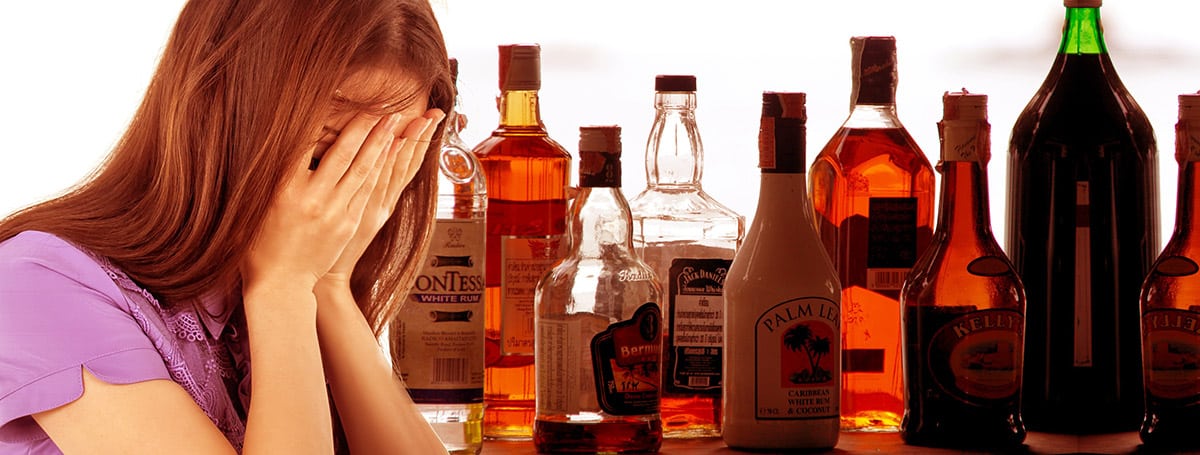Do you experience swollen breasts after drinking alcohol? You’re not alone!

In this article, we’ll explore the link between alcohol and breast swelling, as well as how alcohol affects breast shape, size, and health.
Breast Swelling and Alcohol
Alcohol can cause breast swelling in both men and women. This is because alcohol increases blood flow to the breasts, causing them to become engorged and swollen. The swelling usually subsides once the alcohol has left your system.
However, if you experience persistent breast swelling or tenderness after drinking alcohol, it could be a sign of an underlying condition, such as liver disease or hormonal imbalance. In this case, it’s best to consult a healthcare professional.
Alcohol and Breast Shape
Consuming alcohol can also affect breast shape. Drinking alcohol can cause the skin around the breasts to lose elasticity, leading to sagging breasts. This is because alcohol dehydrates the skin, making it less supple and more prone to damage.
Moreover, excessive alcohol consumption can lead to weight gain, which can also cause the breasts to sag. Alcohol contains empty calories and can contribute to overall weight gain, particularly around the midsection.
Alcohol and Breast Size
Alcohol consumption has been linked to changes in breast size. This is because alcohol can disrupt the hormonal balance in the body.
The liver is responsible for processing hormones, but when alcohol is present, it prioritizes processing the alcohol first, leading to a buildup of estrogen in the body. Estrogen is a hormone that is responsible for breast growth, so when there is an excess of estrogen in the body, it can lead to an increase in breast size.
However, the effects of alcohol on breast size are not permanent. Once alcohol consumption is reduced or stopped, the hormonal balance in the body can return to normal, leading to a decrease in breast size.
It’s worth noting that the impact of alcohol on breast size varies from person to person and depends on factors such as the amount and frequency of alcohol consumption, age, genetics, and overall health.
Alcohol and Breast Health
Regular liquor (alcohol) intake can also affect breast health. Studies have found that women who drink alcohol regularly are at a higher risk of developing breast cancer than women who do not drink.
Moreover, excessive alcohol consumption can lead to liver disease, which can also impact breast health. As mentioned earlier, the liver plays a crucial role in regulating hormone levels, and liver damage can lead to hormonal imbalances that increase the risk of breast cancer.
Conclusion
In conclusion, alcohol consumption can affect breast swelling, shape, size, and health. While moderate alcohol consumption is generally considered safe, excessive alcohol consumption can have a significant impact on breast health and overall health.
If you experience persistent breast swelling or tenderness after drinking alcohol, or if you have concerns about your breast health, it’s best to consult a healthcare professional.
Alcohol and Breast Health FAQs
Drinking alcohol increases blood flow to the breasts, causing temporary swelling and engorgement. Persistent tenderness or swelling could signal underlying health issues.
Excessive alcohol consumption can lead to hormonal imbalances, causing temporary breast enlargement due to estrogen buildup. However, the effects are reversible when alcohol intake decreases.
Yes, alcohol can impact breast tissue by dehydrating the skin, leading to sagging. Excessive alcohol consumption is linked to an increased risk of breast cancer and liver disease, which can affect breast health.
Yes, alcohol consumption can lead to estrogen buildup in the body, temporarily increasing breast size. However, excessive alcohol intake is associated with various health risks, including hormonal imbalances.
